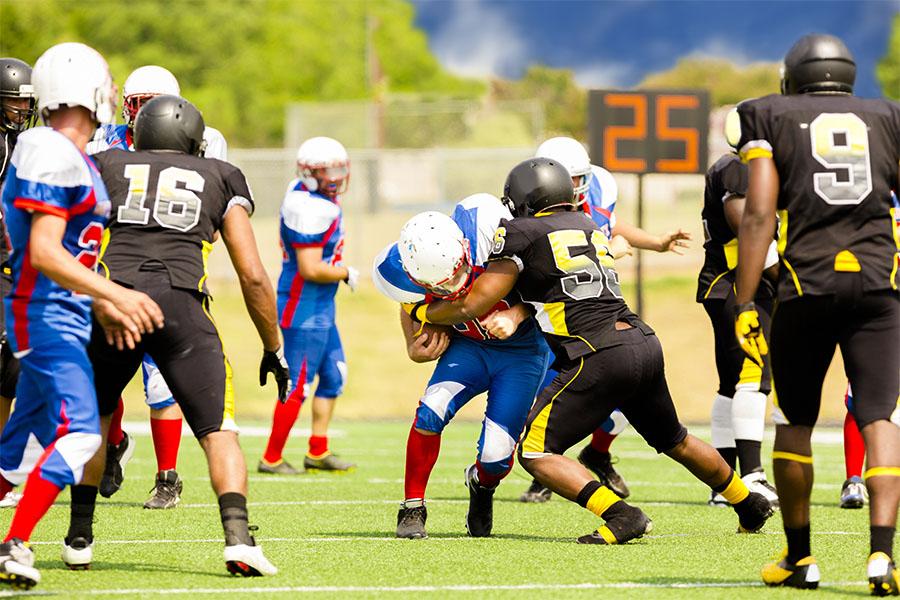What Are Concussions?
Concussions, the most common traumatic brain injury (TBI), occur when a violent blow or other external force causes the brain to hit the inside of the skull. While most people recover from concussion, it’s important to protect the brain during recovery to prevent complications or permanent damage. There is ongoing research into the long-term effects of concussion.
Concussions are typically caused by a hard blow to the head, often incurred while playing sports or during an accident. They also can result from a violent shaking of the upper body. Concussion is particularly common in young children, athletes and combat soldiers. Avoiding contact sports and wearing protective headgear during high-risk activities may help prevent concussion.
Symptoms
A concussion can be easy to miss, as symptoms are often subtle and might be delayed for hours or days, and it doesn’t always show up on a computed tomography scan.
After any head injury, watch for the following symptoms:
-
Confusion
-
Dizziness
-
Dilated or unevenly dilated pupils
-
Fatigue
-
Headache
-
Nausea or vomiting
-
Inability to remember the incident
-
Ringing in the ears
-
Slurred speech
-
Temporary loss of consciousness
Infants or toddlers with concussion may display:
-
Changes in eating or sleeping patterns
-
Crankiness
-
Excessive crying
-
Listlessness
-
Loss of balance
Delayed or long-term symptoms may include:
-
Personality changes, particularly depression or irritability
-
Problems with concentration and memory
-
Problems with taste and smell
-
Sensitivity to light and noise
-
Sleep disturbances
Treatment Options
For severe or worsening symptoms, seek immediate medical treatment. Children should be evaluated within a day or two for anything worse than a slight bump on the head. Concussion treatment may involve:
-
Avoidance of bright lights and loud noises — Stimulation can slow recovery.
-
Mental rest — Doctors may recommend avoiding any activity that stresses the brain, including reading and using electronics.
Ready for an Appointment?
If you're experiencing signs or symptoms of a concussion, schedule an appointment or call 800-TEMPLE-MED (800-836-7536) today.
Learn more about our doctors and care team who diagnose and treat concussions.
